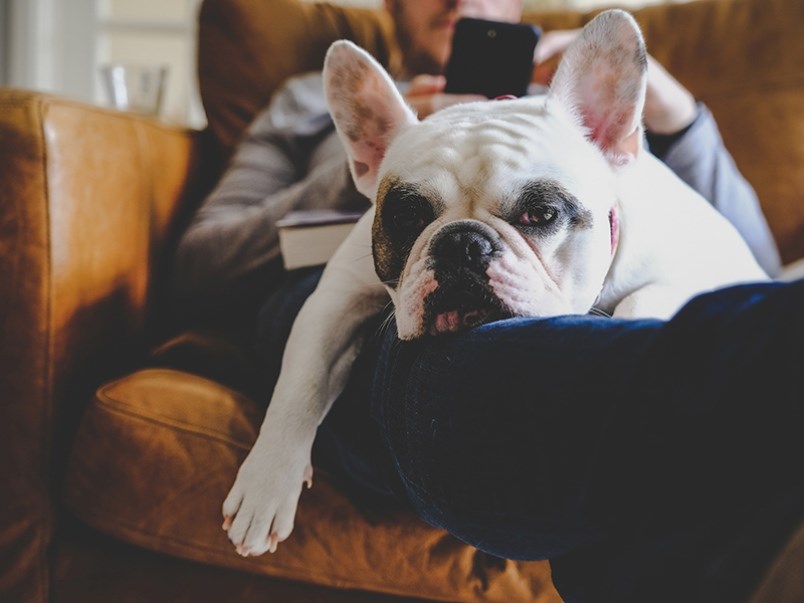On June 22, 2020, a Ukrainian Airlines flight from Kiev with 500 French bulldog puppies on board landed in Toronto, where it was discovered that many of the dogs were dead or dying. At least 38 died.
The puppies that didn’t die were released to puppy brokers and sold to Canadians, probably for thousands of dollars each. These puppies were likely from large commercial breeding operations, known as puppy mills, in the Ukraine.
As a result of this heartbreaking event, the Canadian Food Inspection Agency has cancelled import permits for commercial puppies under eight months old from the Ukraine. That is a step in the right direction but animal advocates point to the need for stricter rules and enforcement. They also point out that real change is in our hands.
Change will come when Canadians stop buying or adopting puppies from sources that put profit before the well-being of animals and people.
Puppies from overseas are often marketed as purebred dogs but no papers or health information is provided. Nor do puppy brokers take the dog back if it doesn’t work out or the dog proves to have severe health or behaviour issues. Those practices are in sharp contrast to responsible breeders who are always available to provide information and support and, if necessary, take a puppy back, regardless of age and circumstances.
Responsible breeders screen applicants thoroughly and never sell puppies through a third party or broker. They do extensive breed-specific health testing and send the puppy home with appropriate paperwork. Responsible breeders do everything possible to set you and your puppy up for a happy and successful life together.
Problems also exist within the world of rescue. There are many reputable rescues who do good work, but the BC-based advocacy organization Paws for Hope reports an increase in the number of dogs with significant health issues coming through pseudo “rescue” organizations. Adopters can find themselves with very sick dogs and may face thousands of dollars in veterinary bills. In some cases the “rescue” does not offer any support nor is it willing to take the dog back.
If you want to get a dog from a rescue that brings in dogs from overseas, ask about their practices and policies to ensure they are ethical and safe. Where do the dogs come from? How are they transported to Canada? Has the rescue done the appropriate health checks and screening for infectious disease?
The rescue should also be asking questions of you to ensure you are a good guardian and an appropriate match for the dog.
Let’s ensure every puppy placed in a Canadian home receives a minimum of care and consideration. Each of us can make a commitment not to purchase or adopt from any source that puts profits ahead of the welfare of puppies and their future families.
If we do that, something good will follow from the suffering and deaths of the little French bulldogs that never made it home.
Sandy Middleton is a dog trainer and behaviour consultant based in Powell River. For more information, go to bestfriendsdogtraining.ca.
Read more from the Powell River Peak



